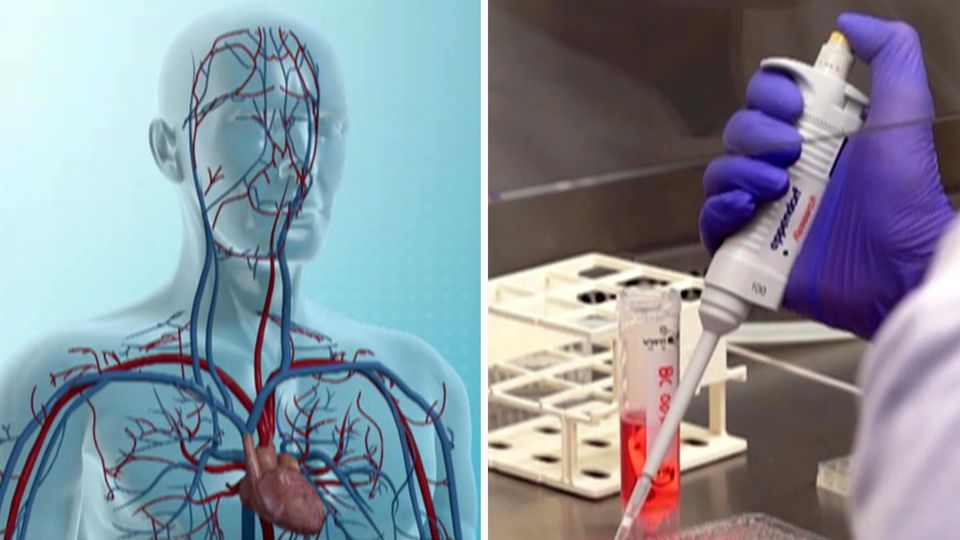More and more people are suffering from the aftermath of corona disease and struggle with long-term consequences. A new study shows how persistent the symptoms can be. A majority of those affected are therefore not completely healthy even after a year.
Many of those affected are still struggling with the long shadow of the virus months after the Covid disease. Some of them hardly come out of the horizontal plane and are constantly exhausted. Others are struggling for breath, have difficulty concentrating or have difficulty finding words. The long-term consequences are varied, difficult to treat – and most importantly, persistent. How long those affected can deal with the effects of a corona infection is made clear by a new one. Accordingly, only around a fifth of the Long Covid patients observed were completely symptom-free after one year.
The corona infection is considered over, but the symptoms do not want to subside or only appear afterwards. If these symptoms do not disappear after three months at the latest, but persist, the term long covid is used. How does the disease behave over time and how do the symptoms develop? In order to get to the bottom of these questions, the research group observed 96 participants whose corona disease was at least five months ago over several months. About a third of the participants had to be treated in hospital, of which more than half were women. In addition to the quality of life, the scientists also examined the antibody level and antinuclear antibodies.
Symptoms for at least a year
It turned out that the majority of the participants had not fully recovered even a year after the virus infection, around 73 percent continued to suffer from the after-effects of the disease. More than half of those affected suffered from reduced physical performance (56.3 percent) and fatigue (53.1 percent). But also shortness of breath, concentration problems, word-finding disorders and sleep problems are among the most common symptoms. And: women are more often affected than men. Accordingly, they showed significantly more neurocognitive symptoms.
On the basis of the results, the researchers come to the conclusion that neurocognitive long-covid symptoms can persist for at least one year after the onset of symptoms and significantly reduce the quality of life. Several of these symptoms, they report, were related to increased levels of anti-nuclear antibodies (ANA). This is a special form of autoantibodies that are directed against the body’s own cell nucleus structures and can occur in autoimmune diseases.

“Brain badly affected”
The study shows how serious the symptoms are, commented health expert Karl Lauterbach on Twitter. Those who still have symptoms after five months usually keep them for a year, he wrote. And: “Word finding and concentration disorders show how badly the brain is affected. Dead people are not all that counts.”
With just under 100 participants, the study is a relatively small one, including many people who were seriously ill with Covid-19. With these, the risk of long-term damage is rated higher than with those who only had mild or moderate disease courses. But the latter can also develop long-term symptoms. “Of those declared as recovered, around 15 percent still have to struggle with a wide variety of symptoms,” said Andreas Rembert Koczulla from the German Society for Pneumology and Respiratory Medicine (DGP) to “dpa”. The number of people with long-term consequences is 550,000 nationwide.
.




